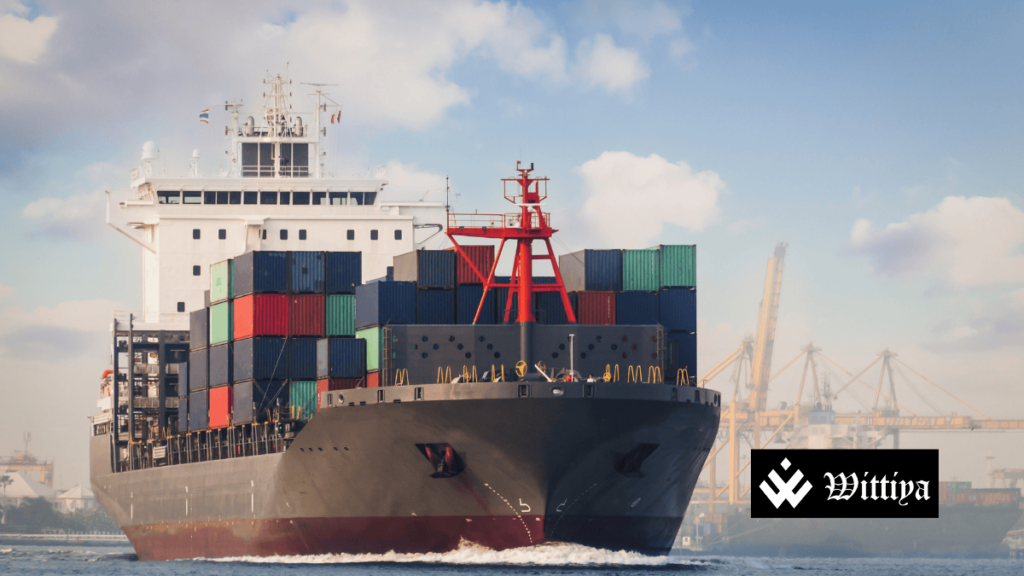U.S. President Donald Trump has confirmed that tariffs on imports from Canada and Mexico will begin on April 2, 2025. The 25% tariff is expected to impact major automakers, including Ford, General Motors, Toyota, and BMW, which have significant production facilities in Mexico and Canada. These tariffs are part of Trump’s long-standing push for trade policies favoring domestic manufacturing. With automakers heavily reliant on cross-border supply chains, concerns are rising over potential price hikes, job losses, and retaliatory trade measures from affected countries.
U.S. President Donald Trump has confirmed the implementation of tariffs on automobile imports from Canada and Mexico, set to take effect today. The tariffs, which could reach 25%, will impact major automakers such as Ford, General Motors, Toyota, and BMW, which have production facilities in both countries. This move aligns with Trump’s push to reduce U.S. reliance on foreign manufacturing and strengthen domestic production.
Automakers Affected by the New Tariffs
Several global car manufacturers have extensive operations in Mexico and Canada, supplying the U.S. market with vehicles and automotive parts. The tariffs are expected to disrupt these operations, affecting production costs and supply chains.
Audi (Mexico) – Volkswagen’s subsidiary Audi manufactures the Q5 at its San Jose Chiapa plant in Mexico, employing over 5,000 people. The company exported nearly 40,000 vehicles to the U.S. in the first half of 2024.
BMW (Mexico) – BMW’s San Luis Potosi plant produces the 3 Series, 2 Series Coupe, and M2, with most units exported to the U.S.
Ford (Mexico) – The American automaker operates three plants in Mexico, exporting around 196,000 vehicles to North America in early 2024, with 90% going to the U.S.
General Motors (Mexico & Canada) – GM imported approximately 750,000 vehicles from Mexico and Canada in 2024, including the Chevy Silverado, GMC Sierra pickups, and mid-sized SUVs. Canadian plants manufacture electric vans and heavy-duty trucks.
Honda (Mexico) – Honda exports 80% of its Mexican production to the U.S. and has warned of shifting operations if tariffs remain permanent.
Kia (Mexico) – Kia manufactures its own vehicles and produces Santa Fe SUVs for Hyundai at its Mexican plant, supplying the U.S. market.
Mazda (Mexico) – The automaker exported 120,000 vehicles from Mexico to the U.S. in 2023 and may reconsider expansion plans due to the tariffs.
Nissan (Mexico) – Nissan’s two plants in Mexico produce Sentra, Versa, and Kicks models, with nearly 505,000 vehicles manufactured in the first nine months of 2024.
Stellantis (Mexico & Canada) – The automaker produces Ram pickups, vans, and Jeep Compass SUVs in Mexico and Chrysler models in Canada.
Toyota (Mexico) – Toyota’s plants in Mexico manufacture the Tacoma pickup truck, selling over 230,000 units in the U.S. in 2023.
Volkswagen (Mexico & Canada) – Volkswagen’s Puebla, Mexico, plant produced 350,000 vehicles in 2023 for export, including the Jetta, Tiguan, and Taos. The company is also developing a battery gigafactory in Ontario, Canada.
Impact on Auto Suppliers and Industry Response
Beyond automakers, auto parts suppliers are also facing challenges due to these tariffs.
- Autoliv (Mexico) – The Sweden-based airbag and seat belt manufacturer employs 15,000 workers in Mexico.
- Michelin (Mexico & Canada) – The French tire manufacturer operates plants in Queretaro and Leon, Mexico, and three in Canada.
- Yanfeng (Mexico) – The Chinese seat maker supplies General Motors and Toyota.
- Tesla (Mexico) – Tesla encouraged its Chinese suppliers to set up operations in Mexico in 2023, though many plans remain unfulfilled.
Industry leaders fear the tariffs will increase vehicle prices for American consumers and prompt retaliation from Canada and Mexico, potentially escalating trade tensions. The White House has yet to comment on possible exemptions or further trade negotiations.



